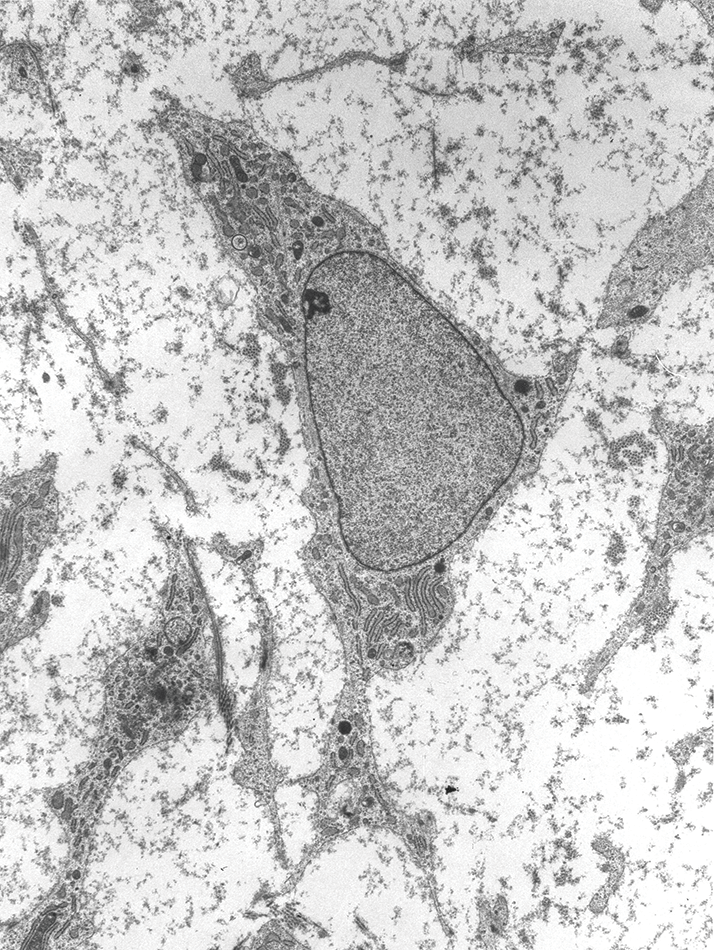
Can amniotic stem cells suppress pathologic retinal neovascularization?
Stem cells are always a hot topic – they hold huge potential to treat many diseases of the eye, and famously, Holoclar (a stem cell-based treatment for moderate to severe limbal stem cell deficiency caused by burns) was the first therapy of this class to be approved in Europe. When it comes to the research and development of stem cell-based therapies, there are essentially four main stem cell types being used: embryonic, adult, induced pluripotent and human parthenogenetic. But now a fifth, amniotic mesenchymal stromal cells (AMSCs), is under investigation. AMSCs are derived from the amniotic membranes of the human placenta and, thanks to their unique immunological properties, may be particularly suited for treating retinal disease.
Researchers from CHA University in Seoul, Korea, have successfully evaluated the role of AMSCs in treating diseases like diabetic retinopathy, age-related macular degeneration, and retinopathy of prematurity (1). In vitro examination of AMSCs revealed that they express higher levels of the growth factor TGF-β1 than other mesenchymal stem cells. This factor is the key to the AMSCs’ ability to suppress endothelial cell proliferation, thus inhibiting neovascularization of the retina. It may seem counterintuitive that an inducer of angiogenic factors would inhibit neovascularization, but previous studies have revealed that, although TGF-β1 promotes endothelial cell proliferation at low concentrations, it has the opposite effect – inhibiting proliferation – at high concentrations.
After establishing their function in vitro, the next step was to test the behavior of AMSCs in vivo. The cells were injected intraperitoneally into mice with oxygen-induced retinopathy – and were not only able to migrate successfully to the injured tissue in the retina, but, once there, were able to suppress the pathological neovascularization that was present, and it appears that the TGF-β1 secreted by AMSCs was responsible for this antineovascular effect. Of course, this research is at an early, preclinical stage, but if AMSCs can replicate in humans their behavior in mice, this would appear to be a significant breakthrough that might help deliver on the huge potential of stem cells.
References
- KS Kim, “Retinal angiogenesis effects of TGF-β1, and paracrine factors secreted from human placental stem cells in response to a pathological environment”, Cell Transplant, [Epub ahead of print] (2015). PMID: 26065854.
